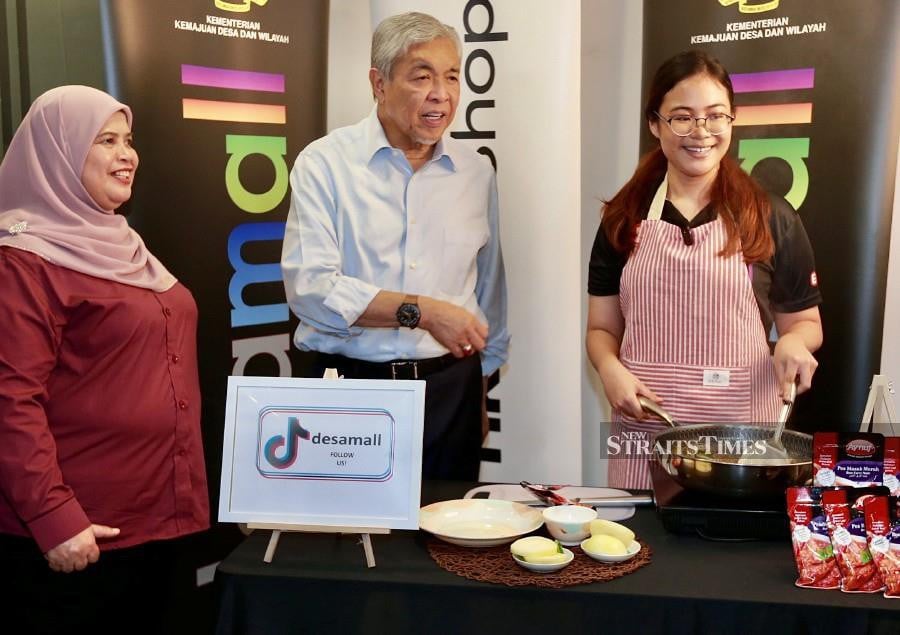Canada: Halifax Today
As companies around the world look for cost savings because of COVID-19, some food companies could be looking to cut corners.
 That could lead to something called “food fraud”.
That could lead to something called “food fraud”.
About 1,500 food science experts around the world met earlier this month as part of the Food Authenticity Network Advisory Board. and they believe there is going to be an increase in the number of food fraud cases due to the pandemic.
That’s according to Sylvain Charlebois, Director of the Agri-Food Analytics Lab at Dalhousie University.
He says COVID-19 has lead to a lack of auditing and surveillance when it comes to food production, and for a company looking to save money, they could involve themselves in food fraud.
“It’s because of the pressure that the food system is under right now,” he explains. “There’s been shortages reported around the world and some ingredients are not as abundant, and some companies could be tempted to cut corners, unfortunately.”
“It does happen every time there’s an economic downturn, and we don’t think it’s going to be different with COVID.”
Charlebois says there are three different types of food fraud:
- Counterfeiting: the repurposing of food across supply chains
- Adulteration: replacing an ingredient with something that’s cheaper.
- Misrepresentation: advertising something falsely, like marked as local or organic when it’s not.
He says the vast majority of food companies are responsible, but it will only take a few public instances from companies making bad decisions to reflect poorly on the whole industry.
ARTICLE TWO – 20 May 2020
UK: Food Authenticity Network launches COVID-19 Resource Base for Food Fraud
The Food Authenticity Network has launched a COVID Resource Base for Food Fraud on its website to help combat threats to the food supply chain in the wake of the global pandemic.
Recent reports from Europol and the UK’s Anti-Counterfeiting Group suggest the potential for increased food fraud in global food supply chains due to the impact of Covid-19. Since then, Europe has seen the seizure of two fraudulent horsemeat shipments and a report of criminal gangs involved in livestock theft.
The Food Authenticity Network Advisory Board convened an extraordinary meeting on 6 May and, given the disruption to global food supply chains caused by COVID-19, coupled with the greatly diminished level of surveillance, the Board’s view is that increased food fraud was inevitable. Thus, it is vital that we continue the good practice embedded in businesses to protect the safety and security of food supply chains.
Selvarani Elahi, Executive Director, Food Authenticity Network, said: “By sharing best practice and working together, we can minimise the impact of food fraud. This is why we’ve created a dedicated COVID-19 page on the Food Authenticity Network that pulls together global resources available to businesses to help them combat food fraud.”
The Food Authenticity Network provides valuable information to help businesses secure food supply chains by mitigating food fraud, including food fraud mitigation services, guides and reports, access to food authenticity centres or expertise and sign-posting for where to find other useful services and resources.
Sterling Crew, Chair of the Advisory Board, Food Authenticity Network, said: “We are living in extraordinary times. The security of the global food supply chain has been disrupted by the impact of the COVID-19 pandemic, opening up new opportunities for unscrupulous food fraudsters. The prevention of this food fraud during the pandemic is paramount to ensure we protect the trust of our consumers and to maintain safe, fair, and sustainable business practices. The Food Authenticity Network is well placed to help as a trusted resource with its new COVID-19 Resource Base.”
ABOUT THE FOOD AUTHENTICITY NETWORK
The Network is the only one of its kind in the world; it is an open access website bringing together global information on food authenticity testing, food fraud mitigation and food supply chain integrity in one convenient location.
Set-up in 2015 as a direct response by the UK government to address recommendation 4 of the Elliott Review, the Network enables best practice information to be shared for the benefit of all stakeholders, helping to raise standards world-wide, so consumers can have confidence in the food they buy.
The Network, now working as a public-private partnership led by LGC, a global leader in the life sciences sector – aims to become truly global and able to respond in a rapid, evidence-based manner to future food fraud incidents so that the impact on consumers and legitimate food businesses is minimised. In just over four years, it has grown significantly, with over 1,300 members from 62 different countries and territories, and 8,000 unique users a year accessing information on the Network’s website: http://www.foodauthenticity.uk/



